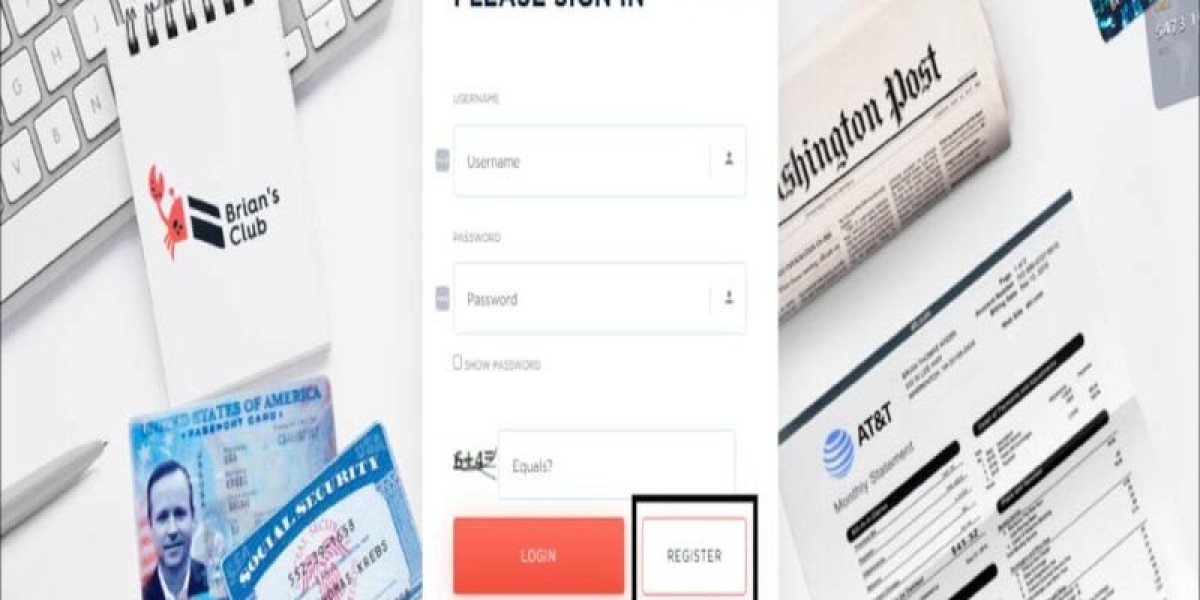In the vast realm of online financial services, Bclub has emerged as a prominent platform, catering to a niche yet crucial market. If you’re delving into the world of dumps and CVV2 shops, understanding the basics and the intricacies of such platforms is essential.
What are Dumps?
Dumps, in the simplest terms, are the raw data extracted from the magnetic stripe of a credit card. This data can include the card number, expiration date, and sometimes the cardholder's name. Dumps are often used in fraudulent activities where the information is transferred onto a blank card, enabling unauthorized transactions. The process of acquiring and utilizing dumps is highly illegal and unethical, and involvement in such activities can lead to severe legal repercussions.
Understanding CVV2 Shops
CVV2 shops are online platforms where cybercriminals buy and sell credit card information, including the CVV2 code. The CVV2 code is the three-digit number on the back of a credit card, essential for verifying online transactions. These shops operate in the dark corners of the internet, often concealed from regular web users. It’s important to note that buying or selling such information is illegal and can result in criminal charges and financial losses.
Navigating Bclub
Bclub has positioned itself as a central hub in this controversial marketplace. While it offers a range of services, the primary focus remains on facilitating transactions involving dumps and CVV2 codes. Users need to be cautious and aware of the legal implications of engaging with such platforms.
Legal and Ethical Considerations
Engaging in activities involving dumps and CVV2 shops is fraught with legal risks. Unauthorized use of credit card information is considered fraud and is punishable by law. Beyond the legal ramifications, there are significant ethical concerns. Using someone else’s financial information without permission is a breach of privacy and trust.
Staying Safe Online
To protect yourself from falling victim to such illegal activities, always monitor your financial statements for unauthorized transactions. Use secure passwords, enable two-factor authentication, and be cautious about sharing personal information online. Awareness and vigilance are your best defenses against cybercrime.
In conclusion, while platforms like Bclub may seem enticing for those involved in the trade of dumps and CVV2 codes, it’s crucial to stay informed about the legal and ethical boundaries to avoid serious consequences.








